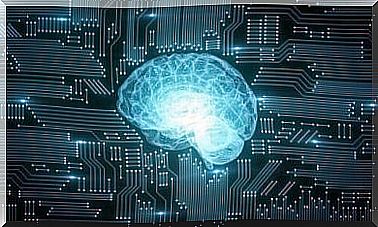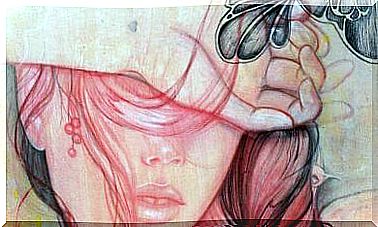Jerome Bruner: 9 Theories For Better Education
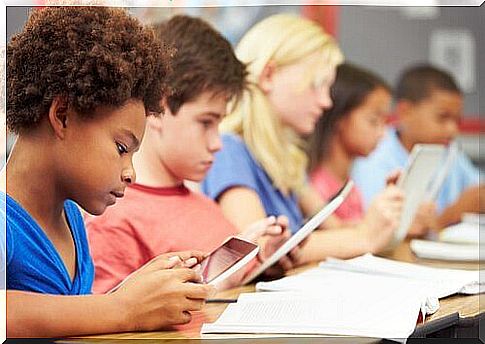
Jerome Bruner is one of the authors of a revolution in cognitive psychology according to the classical computational paradigms. In his view, psychology had entered an overly computational and mechanical paradigm.
To counteract this, Bruner proposed a discipline based on cultural psychology. His argument was that no brain activity is independent of the social context in which it occurs. For Bruner, it was impossible to understand what is going on in the mind without taking into account the cultural context.
Jerome Bruner contributed a lot to educational psychology – from cognitive psychology to learning theories. He analyzed the implications of cultural psychology on education. With this he tried to make changes in an educational system based on reductionist ideas and pugging. Bruner wanted constructivist, individually focused education.
To do so, Jerome Bruner suggested 9 theories educational psychology should adapt to in order to improve the education system. So without further ado, let’s take a closer look at his theories.
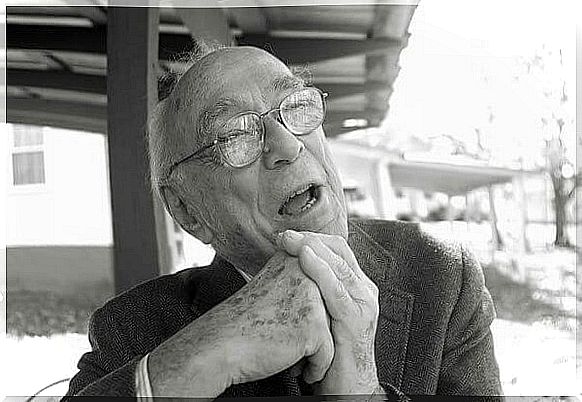
The pedagogical theories of Jerome Bruner
Perspectivism
Let’s first talk about one of the main ideas behind Jerome Bruner’s concepts. He believed that all knowledge creation is in relation to the perspective on which it is built. Meanings are not absolute or objective.
They are largely dependent on the subject’s point of view. Understanding the meaning means understanding it along with all the other possibilities. They will be right or wrong depending on the contextual perspective.
Interpretations of meaning will show us the accepted ways of building reality in a culture. Some people thus interpret these ways through their own cognitive filter. That way, we will all end up with constructions that are similar and unique at the same time.
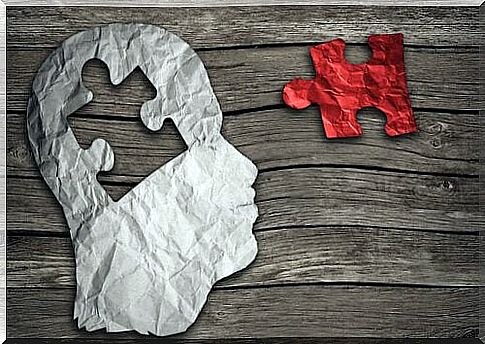
The theory of limitations
The next theory is about existing limitations on opinion formation. Jerome Bruner talked about two important limitations that come into play when we create an opinion.
- The first is inherent in the way people work. Our evolutionary process specialized in knowing, thinking, feeling, and experiencing in a particular way.
- The second constraint refers to the constraints imposed by the symbolic system. This is the system we use to perform mental operations. The Sapir-Whorf hypothesis is the basis for this limitation. It confirms that language affects the way you express or formulate thoughts.
Constructivist theory
When we talk about the construction of knowledge and opinion formation, we must start from a constructivist paradigm. Constructivism says that the reality we live in is a construction. As Nelson Goodman put it, “Reality is created, not found.”
Society should therefore base education on helping children acquire the cultural tools they need to make sense in a critical and adaptive way. It can be said that the education system should produce good architects and builders of knowledge. It should not impart knowledge.
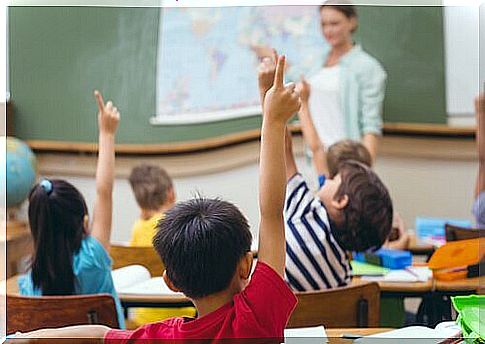
The interaction theory
The exchange of knowledge, like any human exchange, suggests the existence of an interactive human society. For example, children learn about culture and worldviews from the interaction with others. People often say that this intertwined society is born out of language as a gift.
But it is actually because of the strong intersubjectivity between some people. The human ability to understand the minds of others forms the basis of this intersubjectivity (mentalization).
Externalization theory
This theory is based on the idea that the goal of all collective cultural activity is to create “works” or external products. Therefore, the advantage of externalizing culture is that creation is a social identity. This identity promotes collective solidarity.
These externalized works create a group of common ways of thinking. As a result, working towards a common goal is easier. The use of externalizations (ie books) is the basis of the education system. The system uses books to transmit information about how we should act. And it again depends on the culture in which the education system exists.
Instrumentalist theory
Education has consequences. It does not matter how we educate or what the culture is. It affects the lives of those who receive it. Also, we know that the consequences are crucial for humans. In the same way (in a less personal sense) they are cultural instruments and institutions.
This theory emphasizes that education is never neutral. It always has social and economic consequences. These consequences will be of instrumental use for some forces or others. Education is therefore a political issue in the broadest sense.

Institutional theory
Jerome Bruner’s seventh theory is institutional. He said that as education becomes institutionalized in the developed world, it behaves the way institutions do. However, the role that education plays differs from other institutions. The aim is to prepare children to take a more active role in other institutions that are linked to culture.
Therefore, institutionalization of education has many implications for education itself. The nature of the educations thus determines which functions each role has in the education. It also determines the status and respect that these functions receive.
Identity and self-confidence theory
Perhaps the most universal element of human experience is the phenomenon of the ” I “. Another way to describe it is “self-concept” or “self-awareness”. We know ourselves because of our own inner experience.
We also acknowledge the existence of others “self” in the minds of others. Some branches of social psychology say that self-awareness only happens because of the existence of other people’s identities.
Thus, education plays an important role in the formation of self-awareness and self-confidence. Therefore, it is important that the education system takes into account the consequences of formal instruction on the formation of personal identity.

Narrative theory
Finally, we have narrative theory. This theory refers to ways of feeling and thinking, especially the ways individuals feel and think when they create the individual world they live in.
For Jerome Bruner, an important part of this process is storytelling capacity when creating stories. In fact, this is one of Bruner’s greatest contributions to psychology. He brought attention to the significance of the narrative in cultural psychology.
People have always assumed that storytelling ability comes naturally and does not need to be taught. But if you look closely at this, you will see that it is not true at all. In fact, education significantly changes people’s narrative quality and ability. Therefore, it is important to follow the influence of the pedagogical system on the story.
